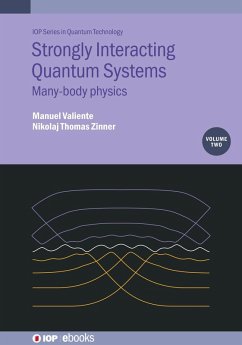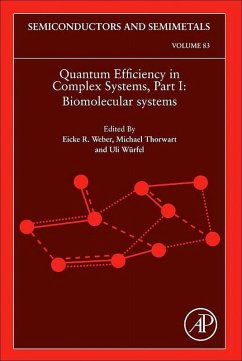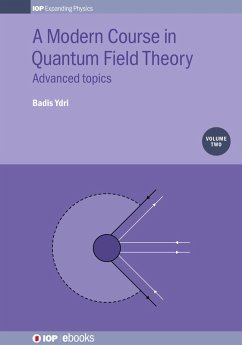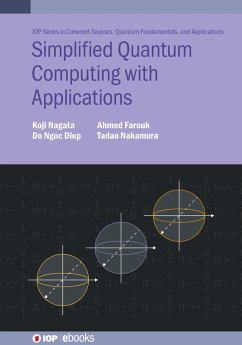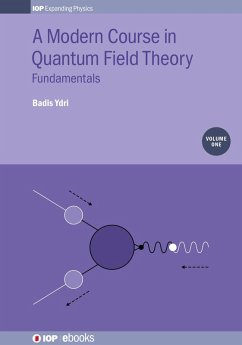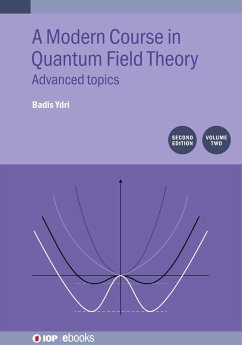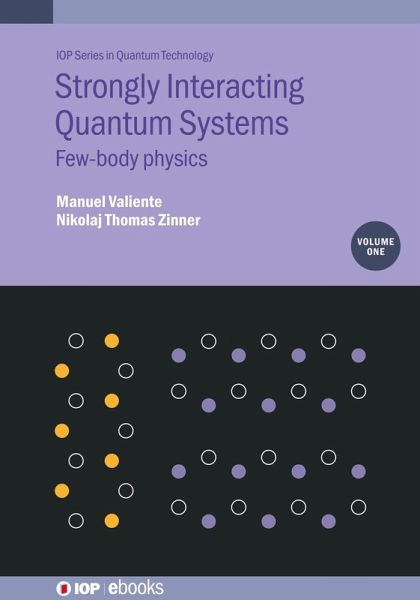
Strongly Interacting Quantum Systems, Volume 1 (eBook, ePUB)
Few-body physics
Versandkostenfrei!
Sofort per Download lieferbar
79,95 €
inkl. MwSt.

PAYBACK Punkte
40 °P sammeln!
This book presents a detailed account of the theory and methods to tackle systems of strongly interacting particles from a bottom-up approach, which has been largely developed in the past decade by the authors and other experts in the field. This begins with a full characterisation of strongly interacting few-particle systems, which can be dealt with accurately using a variety of analytical and numerical techniques. These non-perturbative solutions can be used to gain qualitative and quantitative insight into more complex problems, especially the many-body problem. The book gives a detailed ov...
This book presents a detailed account of the theory and methods to tackle systems of strongly interacting particles from a bottom-up approach, which has been largely developed in the past decade by the authors and other experts in the field. This begins with a full characterisation of strongly interacting few-particle systems, which can be dealt with accurately using a variety of analytical and numerical techniques. These non-perturbative solutions can be used to gain qualitative and quantitative insight into more complex problems, especially the many-body problem. The book gives a detailed overview of the relevant and current research literature in the field, and is a valuable tool for researchers and graduate students.
Key Features:
Key Features:
- Many worked examples of representative quantum systems, together with their physical interpretations and the main consequences of their solutions.
- Set of problems at the end of each chapter, not meant to complement the theory, but to give the reader dexterity in using the chapter's methodologies.
- Timely discussion of a recently developed, and very active field summarised as "From Few- to Many-Body Quantum Physics of Strongly Interacting Particles", and the physics of interacting quantum systems in inhomogeneous media.
- First, coherent, detailed monograph on the theory and methods of the field.
- Presents a rigorous account of the modern approaches to low-energy collisions and their use in few- and many-body physics, which have not appeared in book format.
- The book is relevant to a wide range of researchers and advanced students, from atomic and condensed matter physics, to photonics and nuclear physics.
- Written by pioneers and true experts in the field
Dieser Download kann aus rechtlichen Gründen nur mit Rechnungsadresse in A, D ausgeliefert werden.




